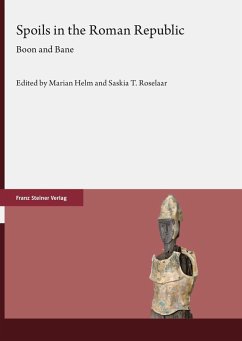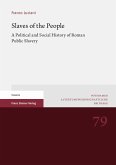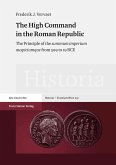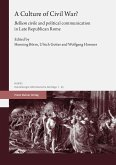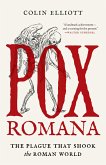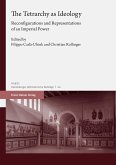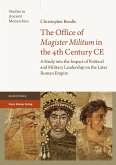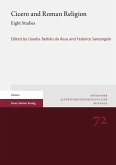Warfare was a common occurrence in the Ancient World, and the Roman Republic was no exception in this regard. Rome was exceptionally successful in its military endeavours, which led to the conquest of the Italian Peninsula and the historically unique creation of a Mediterranean empire. The origins and motifs for this were complex and many-faceted, but there can be little doubt that the material rewards of military aggression played a central role in driving and maintaining annual warfare. Scholarship tends to interpret spoils in the context of a positive-sum game that allowed for the diffusion of social problems and the stabilisation of the Roman political system through the distribution of surplus resources. However, spoils regularly caused unrest and dissatisfaction, which suggests a more complex impact on Roman politics and society. This volume therefore investigates the socio-political, economic, and cultural impacts of spoils on the city of Rome and Roman Italy in order to gain a better understanding of the crucial role that externally acquired resources played in the context of Roman Republican expansion in the Mediterranean.
Dieser Download kann aus rechtlichen Gründen nur mit Rechnungsadresse in A, B, BG, CY, CZ, D, DK, EW, E, FIN, F, GR, HR, H, IRL, I, LT, L, LR, M, NL, PL, P, R, S, SLO, SK ausgeliefert werden.
Hinweis: Dieser Artikel kann nur an eine deutsche Lieferadresse ausgeliefert werden.

